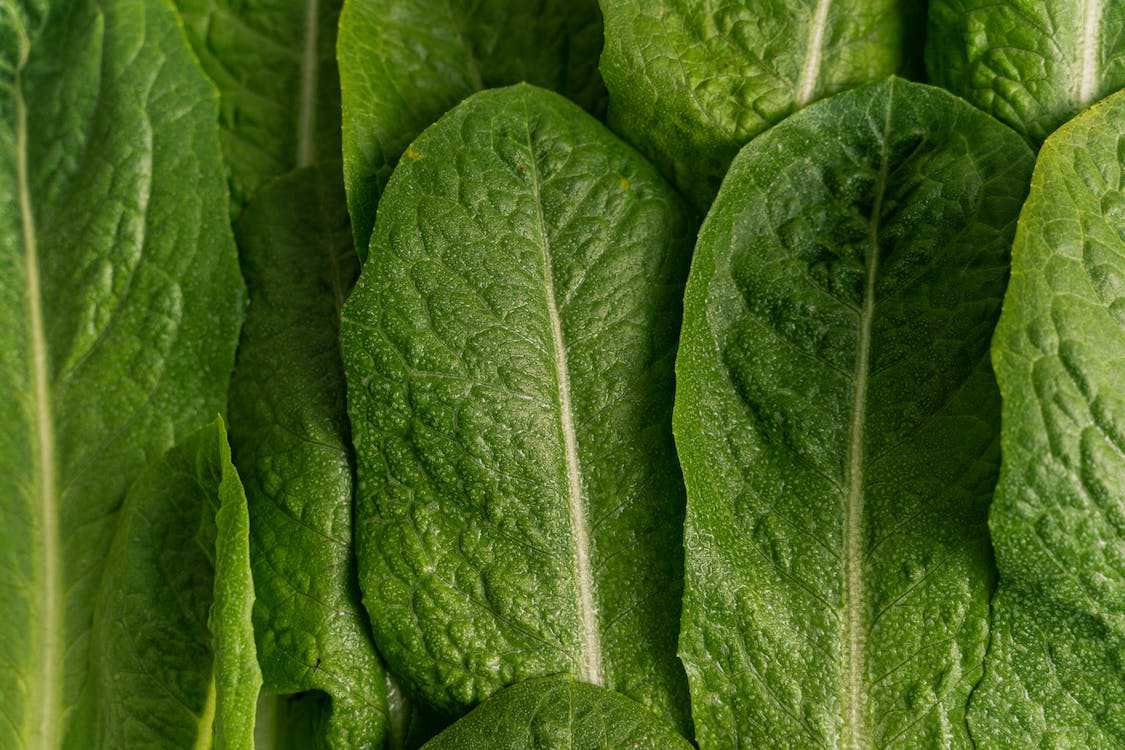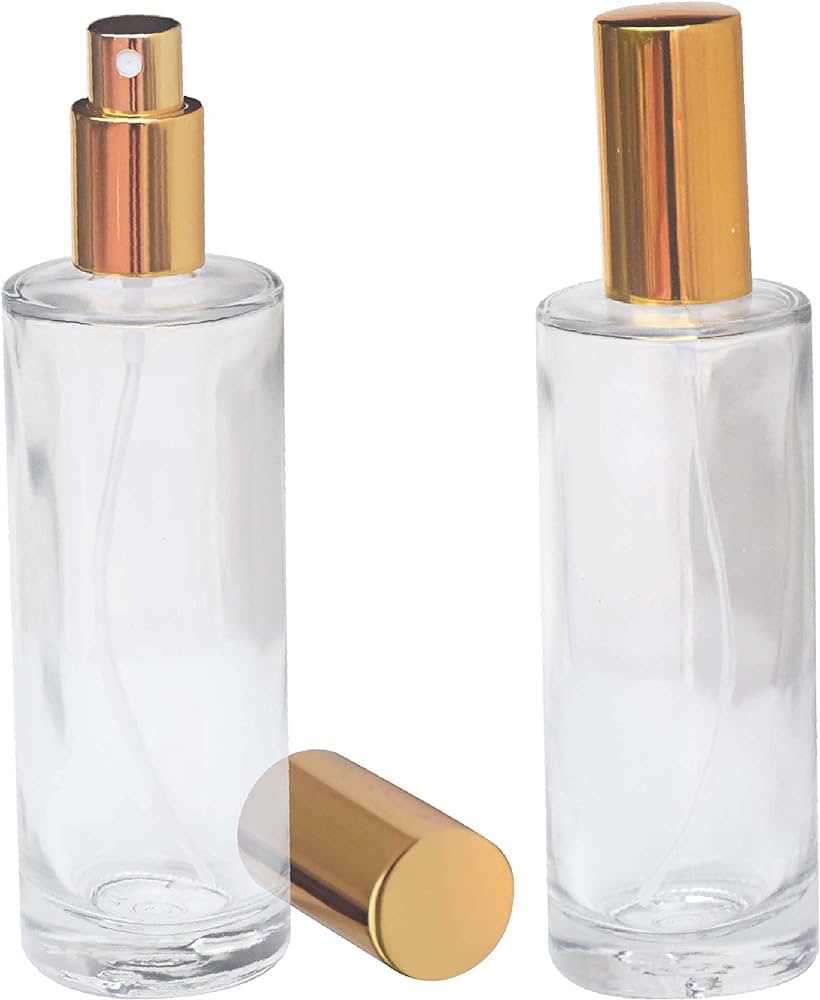As dog owners know, our furry friends go crazy over meaty flavors like chicken, beef, and turkey. Can dogs eat salmon too? Not only can salmon be safely fed to dogs, this omega-3 fatty acid-rich fish offers tremendous health benefits for your four-legged companion.
Salmon makes an excellent occasional addition to any canine diet. Read on to learn if and how you can incorporate tasty salmon into your pup’s meal plan.
Is Salmon Good for Dogs?
Known for its bright pink-orange hue and rich, buttery flavor, salmon checks off all the boxes for safe, nutritious human food that dogs can enjoy.
Benefits of Salmon for Dogs
- Excellent source of protein – supports strong muscles, organ function, and energy
- High in omega-3 fatty acids like EPA and DHA to reduce inflammation and boost immunity, brain, heart, and joint health
- Great for dogs with food sensitivities since salmon is gluten-free and grain-free
- Considered a low-mercury fish making it safer for regular canine consumption
- Highly palatable with irresistible flavor and aroma loved by most dogs
So not only is salmon safe for dogs, regular moderate portions provide stellar nutritional support.
Can Dogs Eat Raw Salmon?
While some dog owners opt to feed raw food diets, raw salmon does carry more risks. Potential concerns with raw salmon include:
- Parasites – Raw salmon or certain wild-caught varieties may contain nasty parasites like Nanophyetus salmincola that can infect dogs.
- Bacteria – Raw meat is more likely to harbor pathogenic bacteria compared to cooked. Dogs with compromised immunity should avoid raw diets.
- Bone fragments – Sliver-like fish bones can easily puncture or get stuck in dog throats.
Unless you can guarantee parasite-free, fresh wild salmon sources, cooked preparations remain the safer choice.
Can Dogs Eat Salmon Skin?
Since salmon skin turns deliciously crispy when pan-seared, can pups eat this fishy delight too? The answer is yes: salmon skin makes a fine occasional treat.
Just be sure to cook skin thoroughly first. Any leftover glaze, seasonings, salt, or oil should also be removed before treating your dog.
Can Dogs Eat Canned Salmon?
For a convenient ready-to-serve fish dish your dog will love, canned salmon makes an easy option. Packed with the same benefits as fresh salmon, look for cans with:
- Wild-caught Alaskan or Pacific salmon varieties
- Salmon packed in water without salt, oil, onions, garlic, or other seasonings
- Bones removed
Drain liquid first then flake boneless, no-salt-added canned salmon over kibble. Or mix with some cooked rice or potatoes for an extra special dinner!
Can Dogs Eat Salmon Everyday?
While salmon offers tremendous nutritional benefits, too much of a good thing could lead to issues like inflammatory bowel disease down the line. To enjoy safely:
- Stick to once or twice weekly moderate portions
- Rotate with other lean proteins like turkey, chicken, eggs, or cottage cheese
- Always cook salmon first and remove all bones
- Pair with probiotic-rich foods like yogurt or kefir
Following these tips allows your pup to gain great benefits from salmon while avoiding overexposure.
Can Dogs Eat Smoked Salmon?
Although less common than baked or grilled preparations, what about smoked salmon? Perhaps surprisingly, smoked fish gets the green light for canine consumption too.
That said, some specific smoking methods use potentially toxic wood chips. And cold smoking does not cook fish to remove bacteria. So to stay safe:
- Verify smoking method – hot smoked salmon gets cooked to safe internal temperatures
- Choose wild-caught varieties whenever possible
- Check labels to confirm no added salt, spices, sugar, or preservatives dogs shouldn’t consume
- Remove skin first
When sourcing safe hot smoked wild salmon without any funky flavorings, even frequent moderate portions should not cause issues for your pup!
Can Dogs Eat Salmon Jerky Treats & Foods?
From jerky strips to specialized dry food blends, an abundance of commercial salmon dog treats and foods have hit the pet market as well. Read labels closely to evaluate quality:
Tips for Picking Safe Salmon Dog Products
- Made with real salmon as first ingredient – no by-products
- Avoid added salt, garlic, onions, spices
- Contains supplemental omega-3s – salmon oil, flaxseed
- No artificial colors, flavors, or preservatives
Reputable brands meeting these standards make excellent rotational treats providing natural fish protein and omegas.
Can Dogs Be Allergic to Salmon?
Like any food, some pups may develop sensitivities to salmon. Signs a dog is allergic to salmon can include:
- Hives, itchy skin, ears, paws
- Chronic ear infections
- Hot spots
- Paw licking/chewing
- Gastrointestinal issues – vomiting, diarrhea, gas
Luckily true salmon allergy remains less common than chicken, beef, dairy, or grains. But discontinue feeding if you notice repeat allergic reactions.
Quick Salmon Safety Tips
To safely feed Fido salmon while avoiding problems:
✅ Always cook salmon first – baked, boiled, or pan seared
✅ Remove all small bones beforehand
✅ Feed moderate portions 1-2 times per week
✅ Pair with probiotic foods like yogurt or kefir
✅ Discontinue feeding if you notice allergic reactions
Feeding Salmon FAQs
Still have questions around feeding your best furry friend tasty salmon? See some common questions below:
Q: How much salmon can I feed my dog?
A: Aim to limit salmon to no more than one or two moderate three ounce portions per week. Adjust down for smaller breed dogs.
Q: Is raw or cooked salmon better?
A: Cooking helps kill any potential bacteria and parasites present in raw fish. Cooked salmon is the safer choice.
Q: Can I freeze salmon for dogs?
A: Yes, freeze cooked boneless salmon in single meal portions. Thaw before serving.
So can dogs eat salmon? Absolutely! Cooked wild salmon makes a nutritious, delicious diet addition rich in protein and omega fatty acids. In moderation, salmon offers incredible benefits for your pup’s whole body health from nose to tail.


